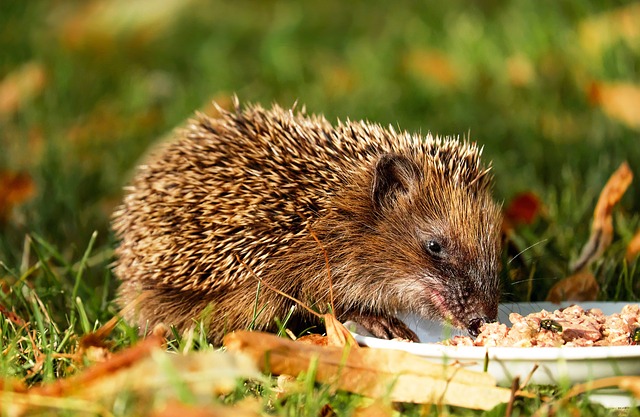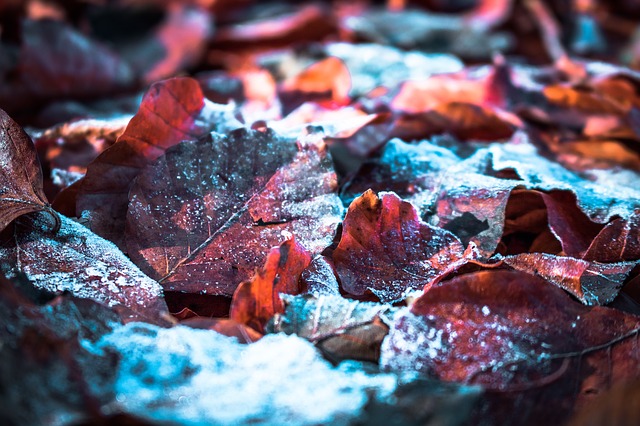Gardeners don\’t have time to rest in the fall. The lawn must be mowed, but first the fallen leaves must be raked up. This is to prevent mold from growing under the leaves and turning the lawn brown. Also, apply a high potassium (low nitrogen) fertilizer in the fall to encourage overwintering. Aerate the soil with verticilateto prevent moss formation. During the winter months, minimize walking on snow-covered lawns. Pile fallen leaves into a compost pilefor good fertilizer (vegetable scraps, old flowers, eggshells, etc. can be added)
Root vegetable beds can be dropped and spinach, Chinese cabbage, kale, etc. can be placed (protected with a layer of leaves) in case of light frost. Of course,flower beds can be weeded andthe soil fertilized.
Don\’t forget to emptyrain barrels and other containers and drain
the water supply to avoid possible cracks. Likewise, turn off automatic irrigation, dismantle hoses and sprinklers, and store them in a dry place.
Cut back spring-flowering shrubs, protect shrub roots with soil, peat, or turf, protect rose roots with soil or mulch, and cut off blooming flowers. Plants that do not like harsh winters should be cut back , potted up and overwintered in a cool, dry place. Be careful not to water as watering may cause rot.
If you have trees in your yard, pile leaves and twigs next to them . Protect them from animals with nets. Remove only branches that are obviously dead or infected with disease. If there is space in the yard, new trees and shrubs can be planted . Fall is best if air and soil temperatures are above freezing. [If there is a pool or other water feature, protect it from dirt and falling water from people and animals by covering it with a thermal sheet. If there are fish in the pond, provide adequate oxygen.
